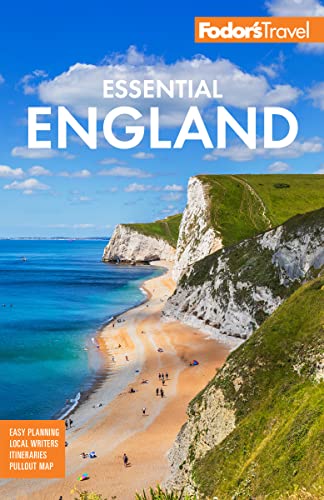Lodging
Hotels, bed-and-breakfasts, rural inns, or luxurious country houses—there's a style and price to suit most travelers. Wherever you stay, make reservations well in advance.
Apartment and House Rentals
If you deal directly with local agents, get a recommendation from someone who’s used the company. Unlike with hotels, there's no accredited system for apartment-rental standards.
Bed-and-Breakfasts
B&Bs can be a good budget option, and will also help you meet the locals. Cottages, unlike B&Bs, usually do not provide breakfast.
Hotels
Most hotels have rooms with private bathrooms —or "ensuites" as the British call them—although some B&Bs may have only washbasins in the actual room, with showers and toilets down the hall. Rooms and bathrooms, especially in London, may be smaller than those you find in the United States.
Besides the familiar international chains, England has some local chains that are worth a look. These range from the basic (the bargain Travelodge and the slightly more upscale Premier Inn are the most widespread, with the latter and Jurys Inns offering good value in city centers) to the boutique (ABode, Hotel du Vin, Malmaison).
Hotel Grading System
Hotels, guesthouses, inns, and B&Bs in the United Kingdom are all graded from one to five stars by the tourism board, VisitBritain. Basically, the more stars a property has, the more amenities it has, and the facilities will be of a higher standard. It's a fairly good reflection of lodging from small B&Bs up to palatial hotels. The most luxurious hotels will have five stars; a simple, clean, acceptable hostelry will have one star.
Discounts and Deals
Hotel rates in major cities tend to be cheapest on weekends, whereas rural hotels are cheapest on weeknights. The lowest occupancy is between November and April, so hotels lower their prices substantially during these months.




